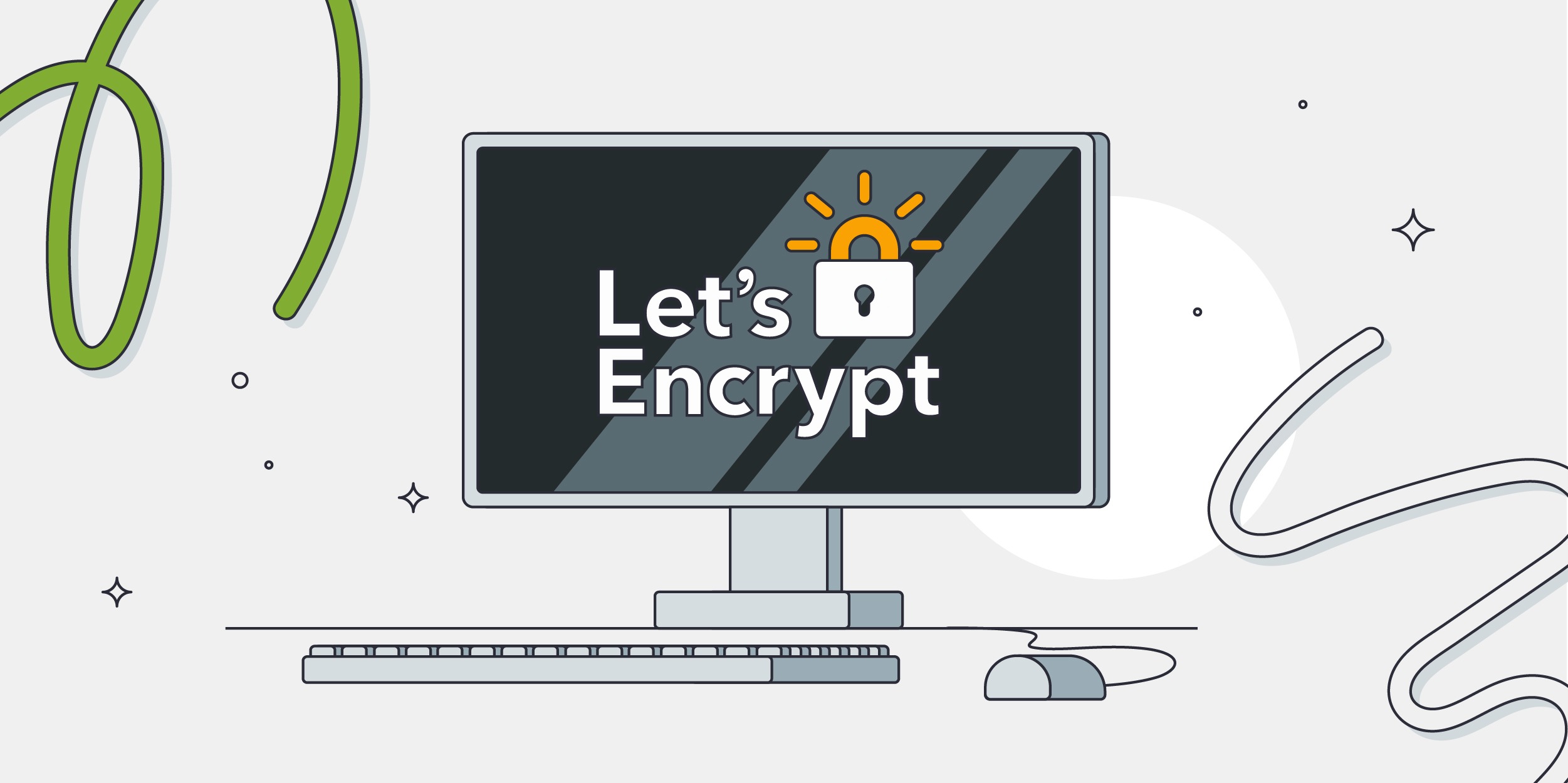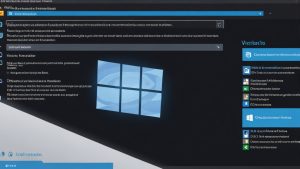Generating a Let’s Encrypt SSL Certificate on CentOS 8
An SSL certificate is essential for securing your website. Let’s Encrypt provides free SSL certificates, making the process of securing your site even easier. This article will guide you through generating a Let’s Encrypt SSL certificate on a CentOS 8 server.
Installing certbot
The first step is to install certbot – a utility that simplifies obtaining SSL certificates from Let’s Encrypt. Execute the following command in your terminal:
sudo dnf install certbot python3-certbot-apache
After installing certbot, you need to configure Apache to serve your website. Ensure your website is correctly configured and working before proceeding.
Requesting an SSL Certificate
Now that you have certbot installed and your website is configured on Apache, you can request an SSL certificate from Let’s Encrypt. Use the following command:
sudo certbot --apache
Follow the on-screen instructions to complete the certificate request process. Once successfully completed, the certificate will be installed on your server, and your site will be secured with SSL.
Automating Certificate Renewal
To avoid forgetting to renew your SSL certificates, it’s recommended to set up automatic renewal. Add a task to the cron scheduler as follows:
sudo crontab -e
0 0 */15 * * certbot renew
This task will run every 15 days and automatically renew your SSL certificates, ensuring your site always has up-to-date protection.
Conclusion
Generating a Let’s Encrypt SSL certificate on a CentOS 8 server is a simple and accessible process for any website owner. By following these instructions, you can secure your website and protect your visitors’ data.





